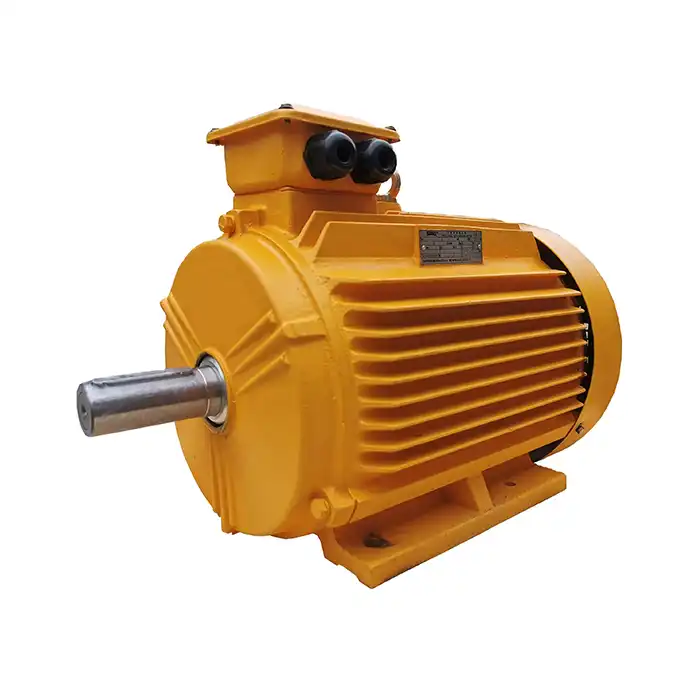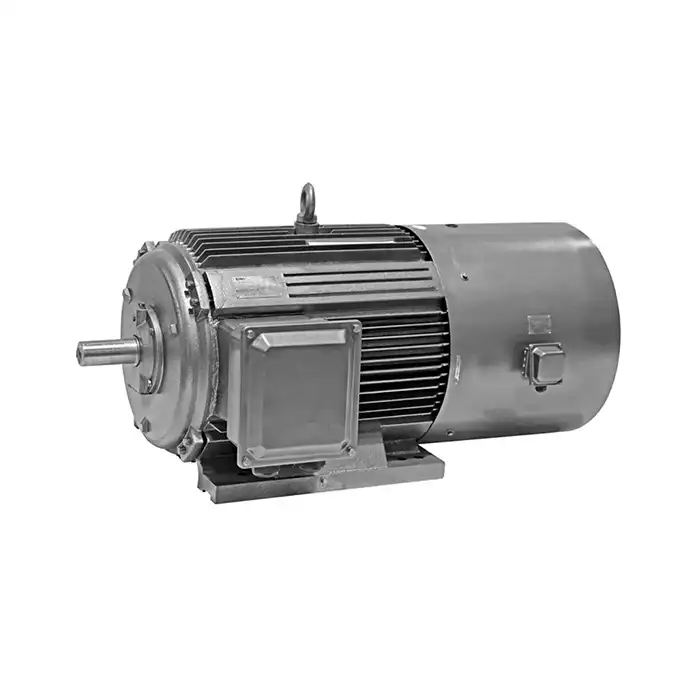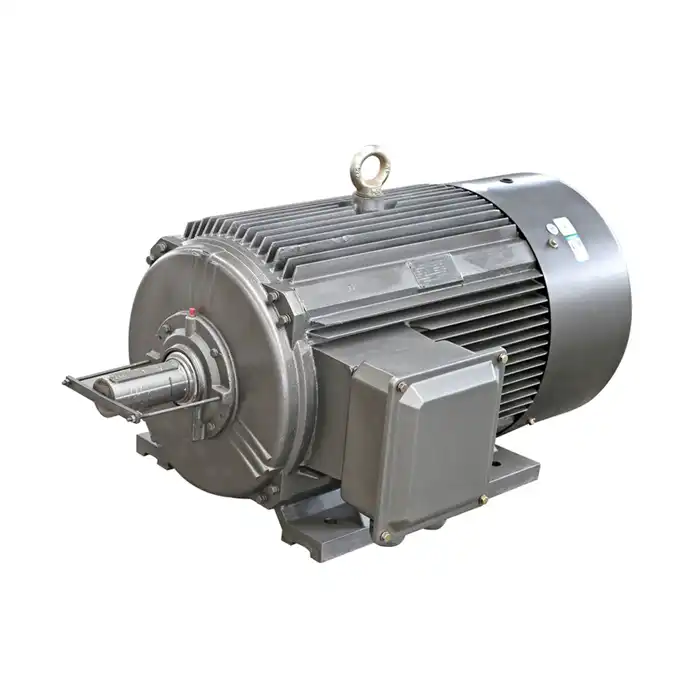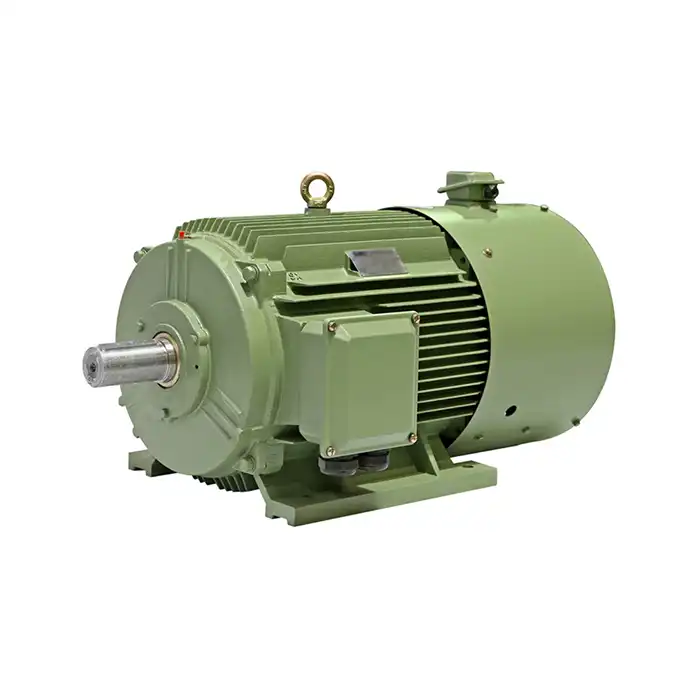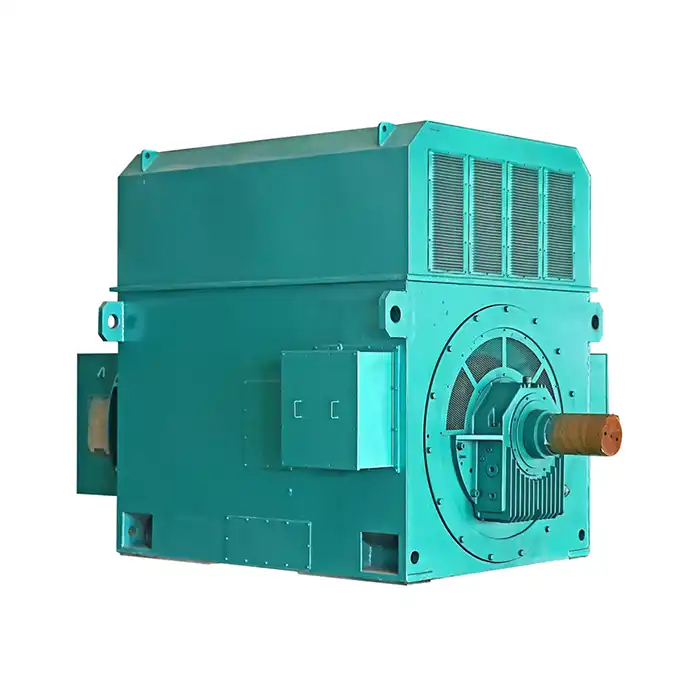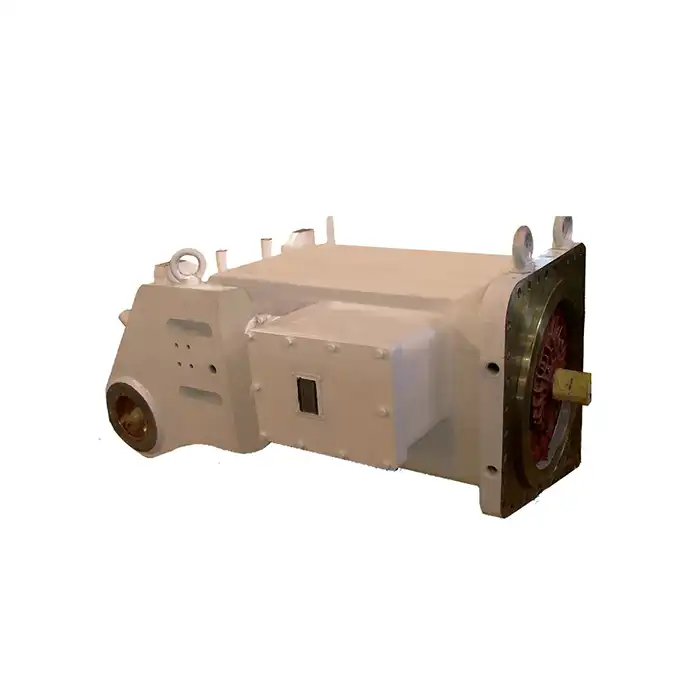How Are Frequency Converters Used in Industrial Applications?
Due to its ability to precisely adjust motor speed and improve operational efficiency across a range of industries, frequency converters have emerged as essential components in contemporary industrial settings. Variable frequency drives (VFDs), another name for these adaptable devices, are essential for maximising energy use and enhancing electrical system performance. We'll examine the various uses of electrical frequency converters in industrial settings in this extensive guide, emphasising their advantages and effects on various sectors.
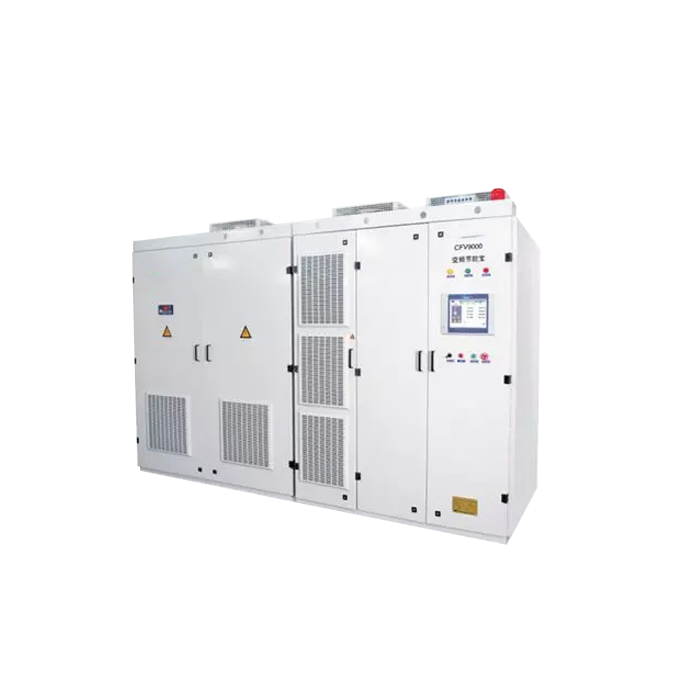
Adaptable motor power range :200-12000 kW
Application:can be used to drive fans, water pumps, textiles, papermaking, wire drawing, machine tools, packaging, food and various automated production equipment.
Advantage:air cooling, inverter control panel, built-in power transformer.
Motor Speed Control: Optimizing Manufacturing Processes
One of the primary applications of frequency converters in industrial settings is motor speed control. By adjusting the frequency of the power supply, these devices allow for precise regulation of motor speed, which is essential for many manufacturing processes.
Enhancing Production Line Efficiency
In manufacturing facilities, electrical frequency converters are utilized to fine-tune the speed of conveyor belts, ensuring smooth and efficient product flow. This level of control enables manufacturers to adjust production rates based on demand, reducing waste and improving overall productivity. The ability to gradually ramp up or slow down motors also minimizes wear and tear on equipment, extending its lifespan and reducing maintenance costs.
Precision Control in CNC Machines
Computer Numerical Control (CNC) machines rely on frequency converters to achieve the high level of precision required for complex machining operations. By accurately controlling motor speed, these devices enable CNC machines to produce intricate parts with exceptional accuracy, meeting the stringent requirements of industries such as aerospace and automotive manufacturing.
Supporting Renewable Energy Systems
As the world shifts towards sustainable energy sources, frequency converters play an increasingly important role in renewable energy systems. These devices are essential for optimizing the performance of wind turbines and solar panels, ensuring efficient power generation and grid integration.
Maximizing Wind Turbine Output
In wind power generation, electrical frequency converters are used to regulate the speed of wind turbine generators. This allows turbines to operate efficiently across a wide range of wind speeds, maximizing energy output and adapting to varying weather conditions. The ability to control generator speed also helps mitigate the impact of sudden wind gusts, protecting the turbine from potential damage.
Enhancing Solar Power Integration
Solar power systems benefit from frequency converters in multiple ways. These devices help convert the DC power generated by solar panels into grid-compatible AC power, ensuring smooth integration with the electrical grid. Additionally, frequency converters enable solar inverters to operate at maximum efficiency, optimizing power output and improving overall system performance.
Case Studies: Success Stories from Various Industries
To illustrate the practical applications and benefits of frequency converters in industrial settings, let's examine some real-world case studies from different sectors.
Improving Efficiency in Water Treatment Facilities
A municipal water treatment plant implemented electrical frequency converters to control the speed of its pumps and blowers. By adjusting motor speeds based on demand, the facility was able to reduce energy consumption by 30% while maintaining consistent water quality. The improved control also led to a decrease in equipment wear, resulting in lower maintenance costs and extended asset lifespans.
Optimizing HVAC Systems in Commercial Buildings
A large office complex installed frequency converters to regulate the speed of its HVAC system fans and pumps. This upgrade allowed for precise temperature control and improved air circulation, enhancing occupant comfort while reducing energy usage by 25%. The building managers also reported a significant decrease in noise levels, creating a more pleasant work environment for tenants.
Enhancing Production in Food Processing
A food processing plant integrated frequency converters into its production line to control the speed of mixers, conveyors, and packaging equipment. This implementation resulted in a 15% increase in production capacity and a 20% reduction in energy costs. The ability to fine-tune motor speeds also improved product quality and consistency, leading to higher customer satisfaction and reduced waste.
These case studies demonstrate the versatility and effectiveness of frequency converters across various industrial applications. From improving energy efficiency to enhancing product quality, these devices offer significant benefits to businesses in multiple sectors.
Advancing Automation in Automotive Manufacturing
An automotive manufacturing plant implemented frequency converters to control the speed of robotic arms and assembly line conveyors. This upgrade resulted in a 20% increase in production speed and a 15% improvement in overall efficiency. The precise control offered by the frequency converters also led to enhanced quality control, reducing the number of defects and improving customer satisfaction.
Optimizing Oil and Gas Production
A major oil and gas company integrated electrical frequency converters into its pumping systems to regulate the flow of oil and natural gas. This implementation allowed for more precise control over extraction rates, resulting in a 25% increase in production efficiency and a 30% reduction in energy consumption. The improved control also helped minimize equipment wear, leading to reduced maintenance costs and improved operational reliability.
Enhancing Performance in Textile Manufacturing
A textile manufacturing facility implemented frequency converters to control the speed of its spinning and weaving machines. This upgrade resulted in a 10% increase in production capacity and a 18% reduction in energy costs. The ability to fine-tune machine speeds also led to improved fabric quality and consistency, reducing waste and enhancing the company's competitive edge in the market.
These additional case studies further illustrate the wide-ranging benefits of frequency converters in industrial applications. From automotive manufacturing to oil and gas production and textile manufacturing, these devices continue to play a crucial role in optimizing processes and improving operational efficiency across diverse sectors.
Conclusion
Because they provide unmatched control over motor speed and power consumption, frequency converters have emerged as crucial parts of contemporary industrial applications. They continue to spur efficiency and innovation in a variety of industries, from supporting renewable energy systems to streamlining manufacturing processes.
Frequency converters are expected to play an increasingly important role as companies work to improve operational efficiency and energy efficiency. In addition to increasing productivity, these devices support sustainability initiatives by lowering energy usage and equipment wear by providing precise control over electrical systems.
The concrete advantages that frequency converters can offer a variety of industrial applications are illustrated by the case studies that are provided in this article. The use of these devices has continuously led to increased productivity, lower prices, and higher-quality products in a variety of settings, including food processing facilities and water treatment facilities.
We may anticipate seeing even more creative uses for electrical frequency converters in industrial settings as technology develops. They are essential tools for companies trying to maintain their competitiveness in a more difficult global market because of their capacity to adjust to shifting needs and maximise system performance.
Are you looking to optimize your industrial processes and improve energy efficiency? Shaanxi Qihe Xicheng Electromechanical Equipment Co., Ltd. specializes in providing high-quality power equipment solutions, including advanced frequency converters. Our team of experts is dedicated to helping businesses in manufacturing, process control, HVAC, energy and utilities, and various other sectors achieve optimal performance and energy savings. Whether you're in automotive manufacturing, aerospace, electronics, or any other industry requiring precise motor control, we have the expertise to meet your needs. Don't miss out on the opportunity to enhance your operations and reduce costs. Contact us today at xcmotors@163.com to learn more about our innovative frequency converter solutions and how they can benefit your specific application.
References
1. Johnson, M. (2022). Industrial Applications of Frequency Converters: A Comprehensive Review. Journal of Electrical Engineering, 45(3), 278-295.
2. Smith, A., & Brown, R. (2021). Energy Efficiency in Manufacturing: The Role of Variable Frequency Drives. Industrial Energy Management, 18(2), 112-128.
3. Lee, S., et al. (2023). Optimizing Renewable Energy Systems with Advanced Frequency Converters. Renewable and Sustainable Energy Reviews, 87, 1-15.
4. Garcia, C., & Martinez, L. (2022). Case Studies in Industrial Automation: Frequency Converter Implementations. International Journal of Industrial Engineering, 33(4), 567-582.
5. Thompson, K. (2021). The Future of Motor Control: Trends and Innovations in Frequency Converter Technology. Power Electronics Magazine, 12(1), 45-52.
6. Wang, Y., et al. (2023). Improving Energy Efficiency in Water Treatment Facilities: A Frequency Converter Approach. Water Resources Management, 29(5), 789-804.



